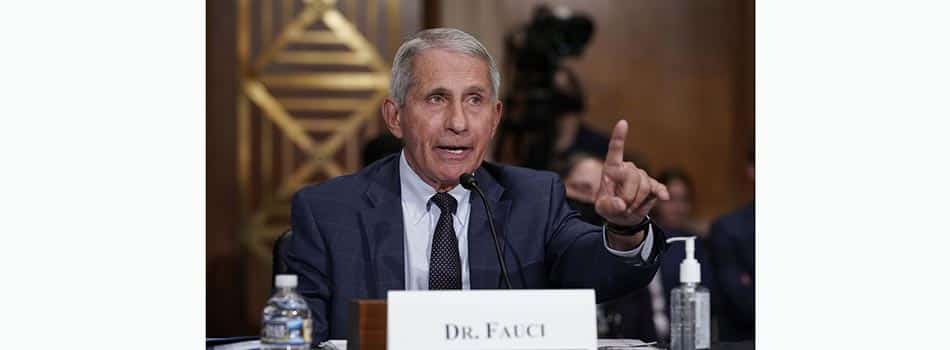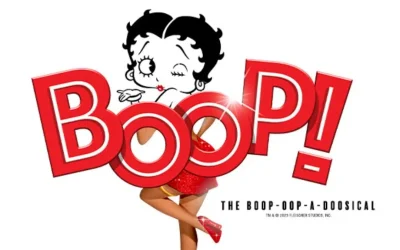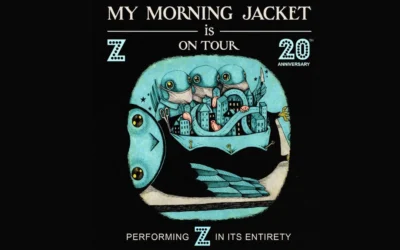Dr. Anthony Fauci sounded the alarm over images of packed stadiums seen in recent days with the return of college football, as many of those stadiums had no requirements for vaccination or mask-wearing for those making their way inside. The Director of the National Institute of Allergy and Infectious Diseases, speaking to Jim Sciutto on CNN’s New Day, said crowds without masks and vaccination checks are a potential recipe for disaster, as far as COVID-19 mitigation efforts are concerned.
“I don’t think it’s smart,” said Fauci, who has been one of the consistent health experts speaking on public policy amid the pandemic since March of last year. “Outdoors is always better than indoors, but even when you have such a congregate setting of people close together, you should be vaccinated. And when you do have congregate settings, particularly indoors, you should be wearing a mask.”
Fauci explained that there is a responsible way to attend large-scale events like college football games – and many universities aren’t opting to follow those protocols. “There are going to be organizations, there are going to be universities, there are going to be colleges, there are going to be sports events, travel events, where the rule is going to be if you want to participate, you get vaccinated. If not – sorry, you’re not going to be able to do it.”
Huge crowds were welcomed back to stadiums across the U.S. as the football season kicked off – 84,314 at Tennessee’s Neyland Stadium for Tennessee-Bowling Green, 74,187 in North Carolina for Clemson-Georgia, 86,000+ at The Swamp in Florida. Nebraska donors even bought and distributed more than 2,000 tickets to keep the Cornhuskers’ football game sellout streak alive, with more than 80,000 in Lincoln for a tilt against Championship Subdivision foe Fordham.
Policies for attendance vary widely across the spectrum of sports, with some requiring proof of vaccination or a negative test for entry, but many opting against that practice. Mask wearing is often suggested, or even required for indoor spaces, but enforcement is spotty at best. Concern is that such massive crowds gathering could add fuel to the fire of the delta variant’s spread, particularly in communities with low rates of vaccination.
But supporters of full stadiums can point to the fact that Major League Baseball has been largely full stadiums for most of the season, and a similar patchwork of entry policies exists as relates to vaccination or proof of negative test results. Globe Life Field in Arlington, for example, doesn’t screen guests at all, only requesting that nobody who has tested positive in the last 14 days or has any symptoms attend. Yankee Stadium requires proof of vaccination for a number of club lounges and indoor dining areas, but does not require screening for general entry to the outdoor seating areas.
Thursday’s kickoff of National Football League regular season games will introduce yet another mass gathering aspect in the continued return of sports, and policies vary across the league as well.
Only time will tell if the warning bells signalled by public health officials like Dr. Fauci are going to be followed by additional surges in cases. The 7-day moving average of new cases in the United States has flattened in early September after surging throughout July and August, hitting 166,000 on September 2 before dropping to 146,000 as of September 9 (per statistical tracking kept at worldometers.info) – for comparison, the average at the end of June was 13,863). Event organizers are walking a tight line between instituting policies that utelize best practices to maximize the safety of those in attendance while avoiding restrictions that turn fans away – particularly given how political the issue of vaccination or mask-wearing has become.
Broadway already requires proof of vaccination for all attendees. Live music will largely require vaccination or proof of a recent negative test, with Live Nation and AEG announcing that all events they promote will have such restrictions beginning this fall. But sports (and smaller scale productions) are a patchwork, and that isn’t likely to change.




